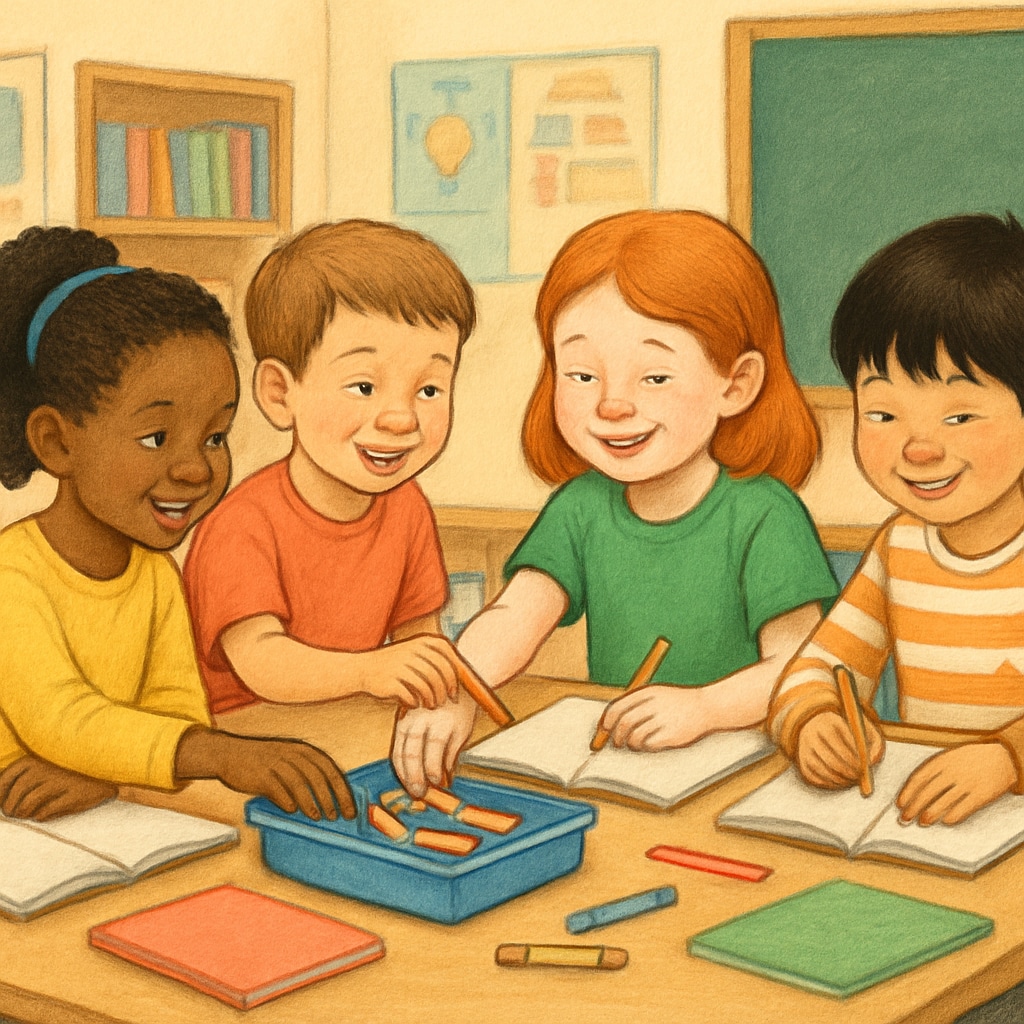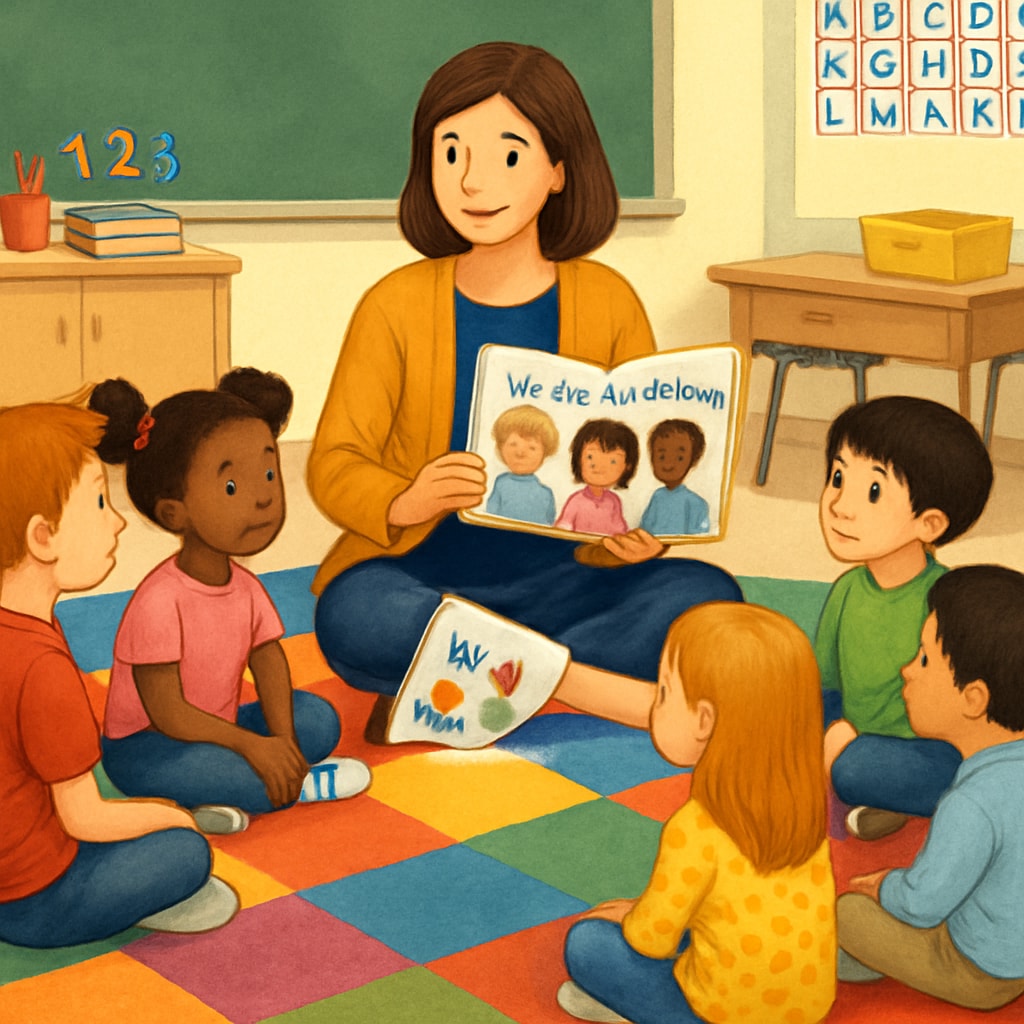Elementary education, racial segregation, and age-appropriateness form a crucial triad when considering social-political topics for first-grade classrooms. As educators increasingly incorporate complex social issues into primary school curricula, questions arise about how children process these concepts during their formative years. According to NAEYC’s child development guidelines, children aged 6-7 operate primarily in the pre-operational stage of cognitive development, making abstract concepts particularly challenging.
Understanding Childhood Cognitive Development
Jean Piaget’s theory of cognitive development suggests that first-graders (typically age 6-7) are transitioning from the preoperational to concrete operational stage. At this level:
- Children think literally and struggle with abstractions
- They focus on single characteristics rather than complex systems
- Moral reasoning remains egocentric
Therefore, introducing historical oppression or systemic injustice requires careful framing. For example, discussing fairness through classroom scenarios proves more effective than abstract lectures about racial segregation.

Pedagogical Approaches for Sensitive Topics
The National Council for the Social Studies recommends age-appropriate strategies for introducing complex social concepts:
- Begin with concrete, observable differences (like skin color or family structures)
- Use children’s literature with relatable characters
- Focus on universal values like kindness and fairness
- Avoid historical trauma narratives that may cause distress
This scaffolded approach allows children to build foundational understanding without overwhelming their developing cognitive abilities.

Creating Developmentally Appropriate Learning Outcomes
Successful social education in early elementary years should aim for achievable objectives:
- Recognizing and respecting differences
- Understanding basic concepts of fairness
- Developing empathy through role-play
- Identifying positive social behaviors
These foundations prepare students for more complex discussions in later grades while respecting their current developmental capacity.
Readability guidance: The article maintains short paragraphs and active voice while incorporating transition words like “therefore,” “however,” and “for example” throughout. Lists break down complex information into digestible points appropriate for educators and parents.


